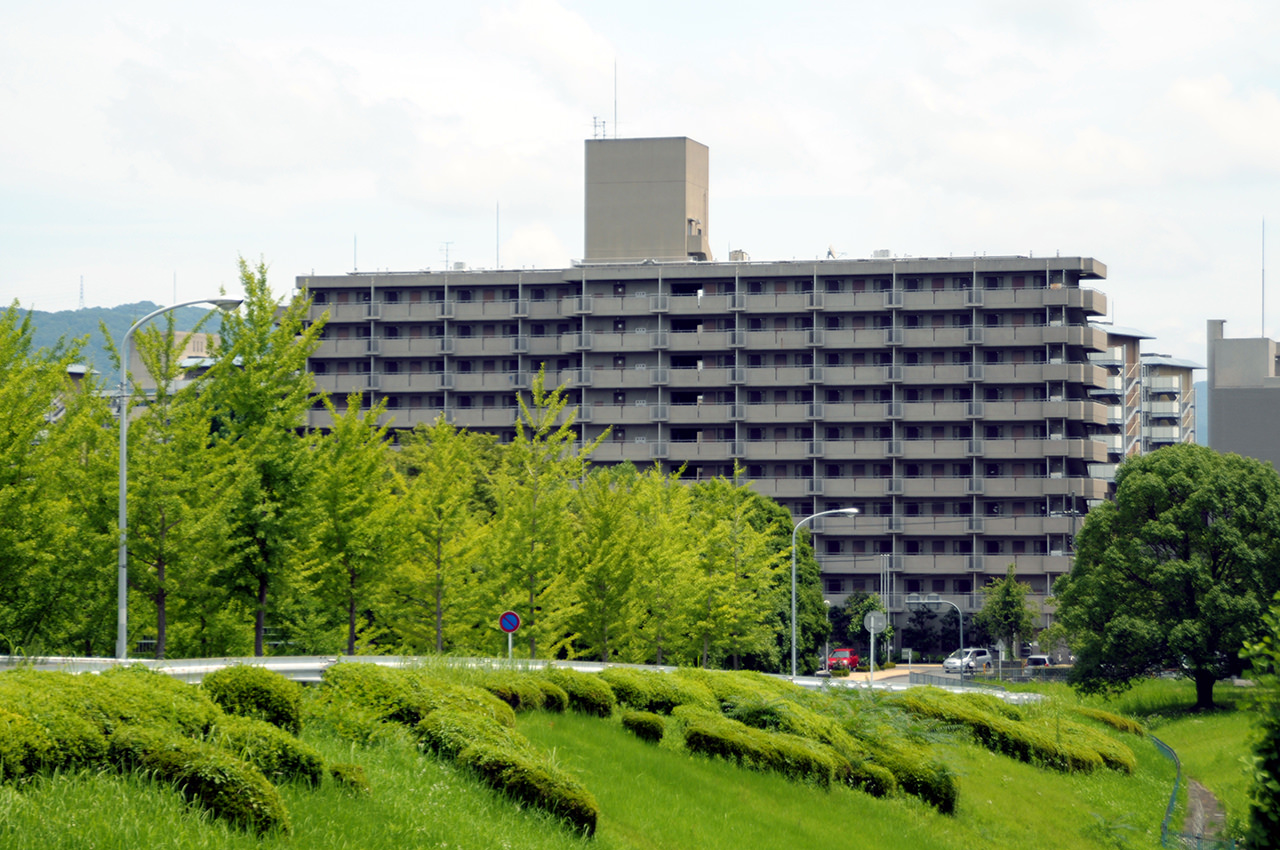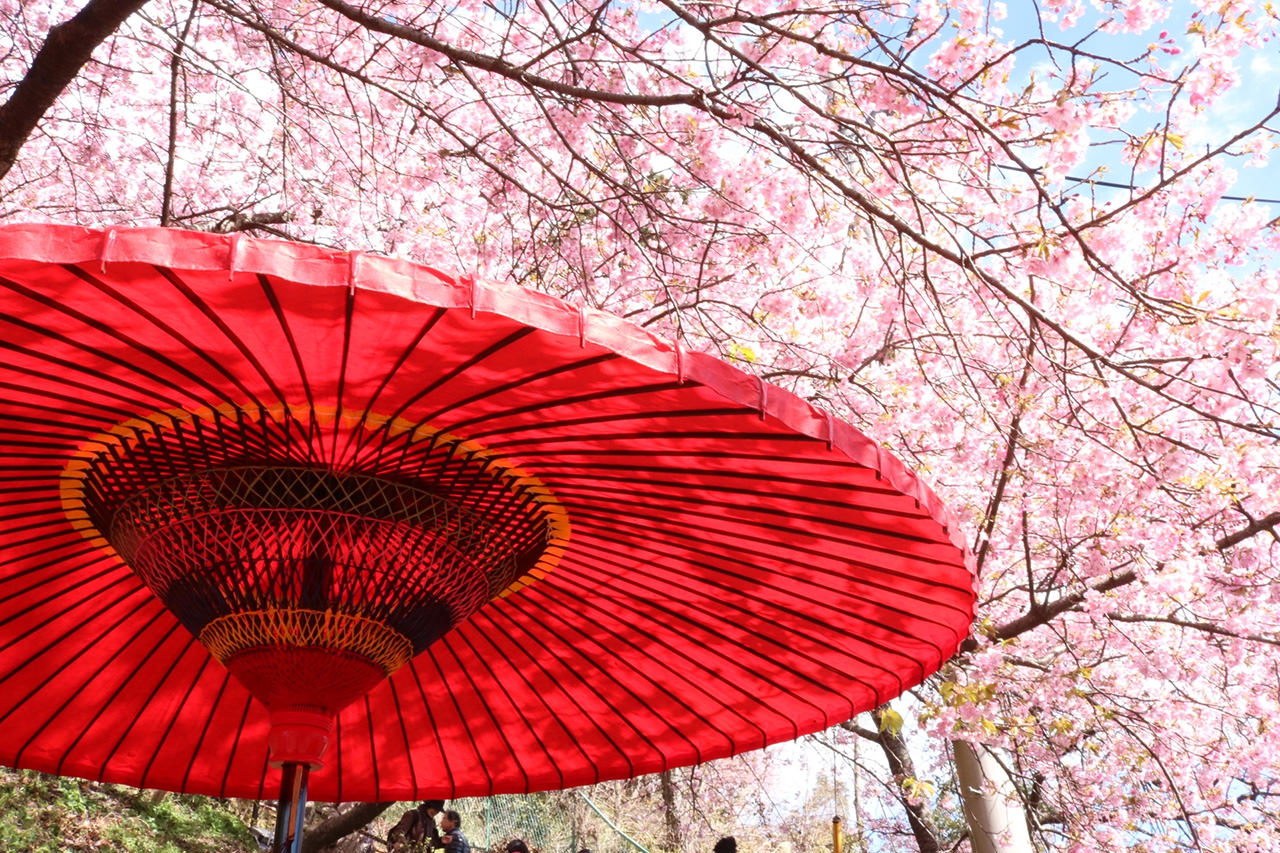Going to School in Kyoto: A Little Bit Extraordinary
2022.12.12
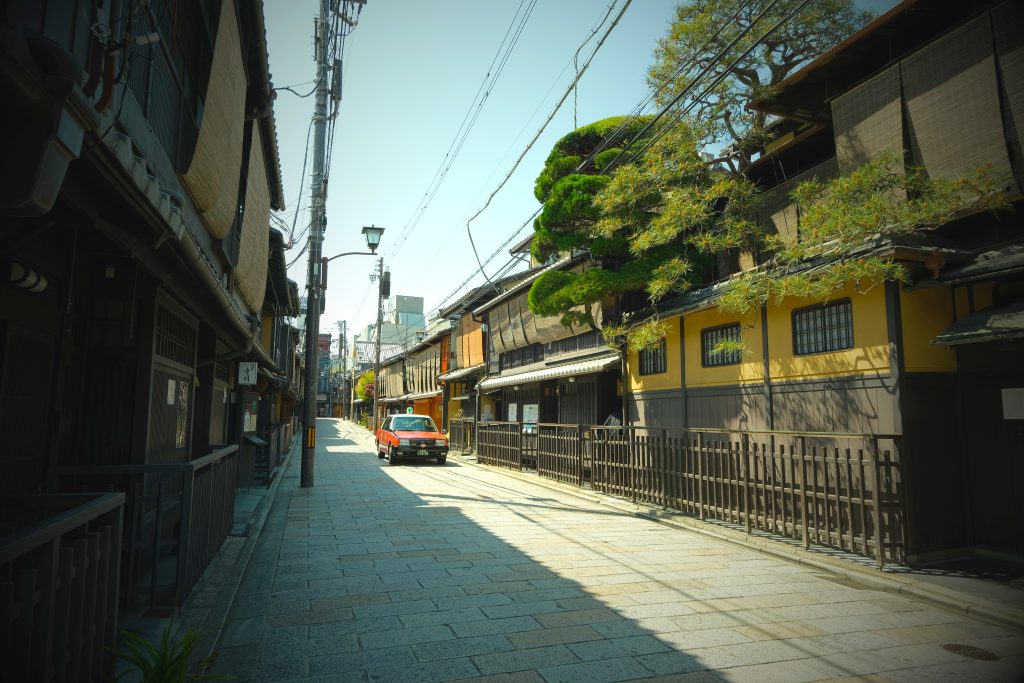
Coming to study in Kyoto, Japan, is a whole new adventure, both in the classroom and outside it. The following is an account of a fictional Kyoto international student’s commute to school in this fascinating, ancient city. Come imagine yourself riding along to school yourself as you read, as if you were this exchange student yourself!
A conbini breakfast & some legendary neighborhood locales
When you wake up for school, it sometimes feels a little magical. Even the little things can be exciting. Before class, you might need to run to the convenience store downstairs to grab some breakfast. It’s a cheap and easy option, and surprisingly healthier than you’d expected. Maybe you’ll grab a rice ball or one of the bakery items for a few hundred yen. The staff are always speedy and polite. As they’ve started to recognize you, you’ve even begun to have little conversations with them in Japanese. “Itterashai,” they tell you as you head out to hop on your bike.

Now it’s off to school. Just imagine all the little things you’d see on your daily commute.
Biking away from the convenience store, you might pass by a tiny local shrine, tucked away between the houses. It’s just small enough to contain a little roofed altar and some offerings of sake. In the morning, it’s tended to by an elderly lady, who puts her hands together in prayer when she finishes.
Further on, you pass by a local shop. It’s the kind of place known to locals, but deeply tied to Japanese legends. The store sells yurei kosodate ame, a kind of candy with a spooky backstory about a child born to a woman who died in 1599—apparently after she was buried. The mother stayed on as a ghost to look after her child until it was found, buying it candy sweets from this very store. According to the story, the child nonetheless grew up to be a high-ranking monk, and these candies, came to be known as yurei kosodate ame (“candy to raise healthy children”) with a story that’s been passed on for centuries. Nowadays, the shop stands right here in your neighborhood, a local story you’d probably only discover living here.
Passing the site of a showdown between legendary warriors
Past the local bathhouse where you sometimes take a dip, you’ve reached the banks of the Kamo River. In the mornings and evenings, especially, you’ll find joggers and bicyclists here. Further north, there are sometimes even young students practicing their musical instruments.
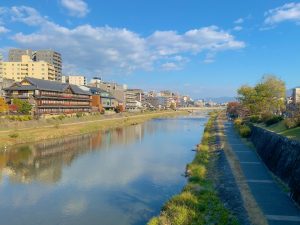
You head off the main street and down onto the path that runs alongside the river at Gojo Bridge. Today, small groups of cars and the pedestrians amble across the bridge, but it must have looked very different at the end of the Heian period (794-1185) when it was the site of a legendary duel.
A popular figure in Japanese history, Benkei was a warrior monk known for his tremendous strength. He had undertaken a quest to best 1000 samurai and take their swords as his victory prize, andwas just one short of his goal when he met a young man playing the flute, a gilded sword at his waist. The young man was called Ushiwakamaru, but he would later be known as the warrior Yoshitsune Minamoto. Benkei challenged him to a duel at Gojo Bridge, and it was here that their legendary fight took place. In the end, the young man soundly defeated Benkei.
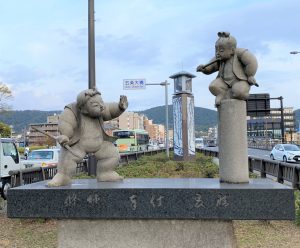
To be precise, at the time of the fight, Gojo Bridge was located a bit further north—near present-day Matsubara Bridge—than where it stands today, but the event is commemorated here at Gojo-dori street with two stone statues depicting the figures from so long ago.
Cycling onward along the Kamo River, you can see herons and cormorants along the bank. It’s certainly not a bad view for a morning and evening bike ride to school! In the springtime, the river is lined with cherry blossoms, and even features some colored leaves in the autumn.







